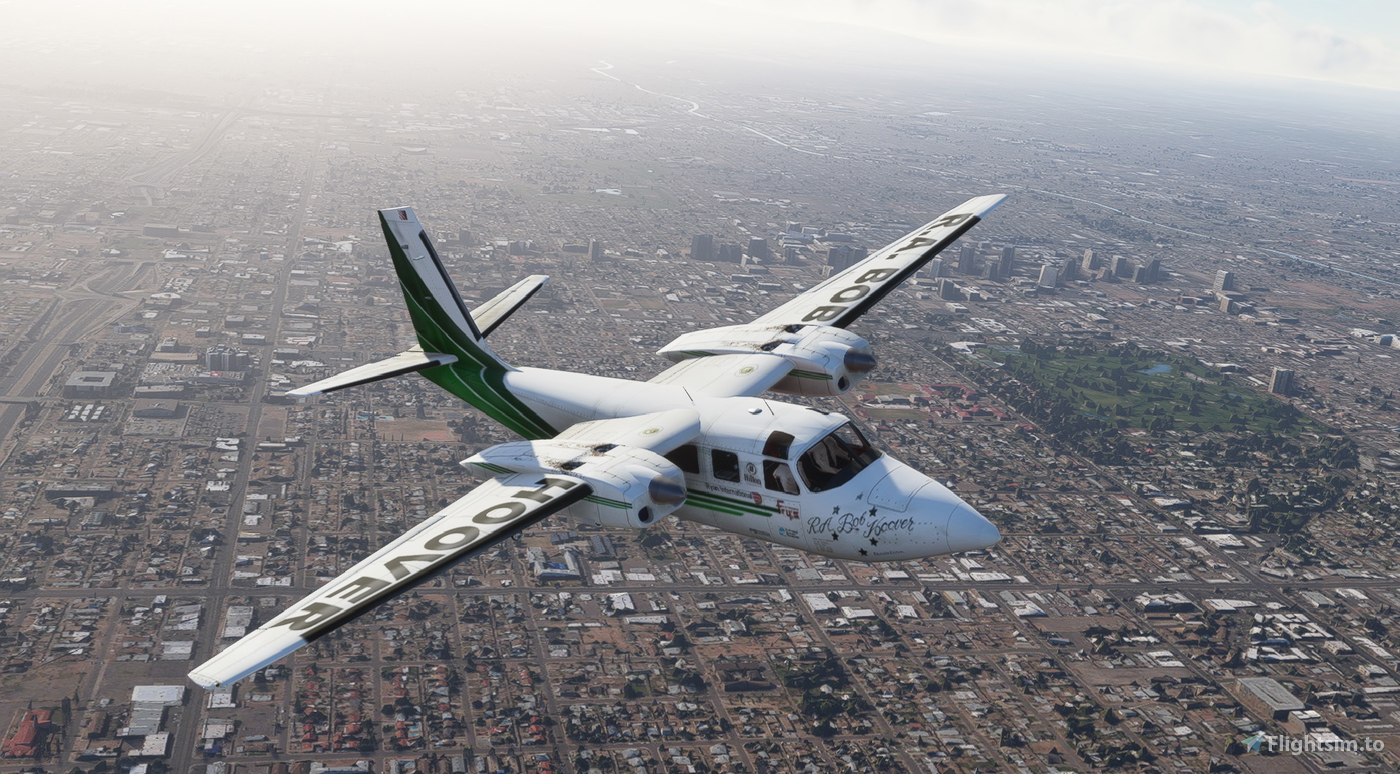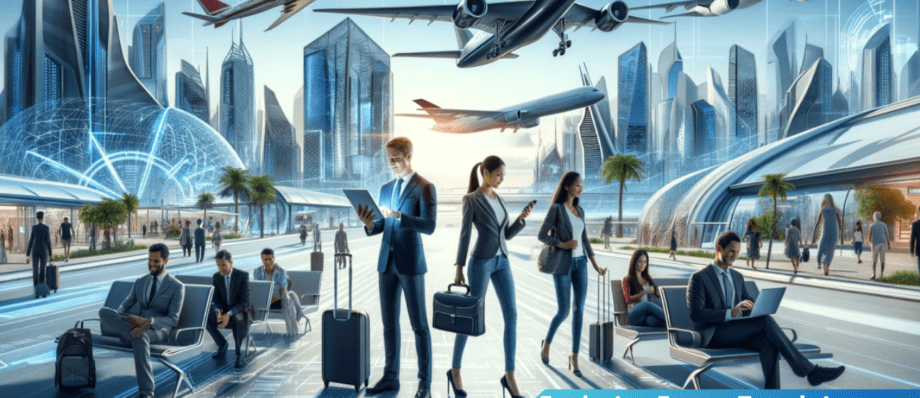Exploring Future Trends in Aviation with Aero Commander
As the aviation industry continues to soar into the future, Aero Commander stands at the forefront, pioneering transformative technologies and forward-thinking strategies. With an unwavering commitment to enhancing air travel, Aero Commander is poised to redefine the skies. This article delves into Aero Commander’s visionary approach to aviation’s future and the groundbreaking innovations set to transform air travel in the 2020s.
Aero Commander’s Vision: Future of Aviation Trends

Aero Commander envisions a future where aviation is more efficient, sustainable, and accessible. At the core of this vision is the commitment to reducing the environmental impact of air travel. With increasing global awareness of climate change, Aero Commander is investing in technologies that promise lower carbon emissions, such as advanced biofuels and electric propulsion systems. This commitment not only aligns with international environmental goals but also sets a new standard in the aviation industry.
Moreover, Aero Commander anticipates a future where air travel is seamlessly integrated with digital technology. The company is exploring the use of artificial intelligence and machine learning to enhance air traffic management, ensure safety, and improve passenger experience. By leveraging big data analytics, Aero Commander aims to predict and prevent potential disruptions, optimizing flight schedules and reducing delays. Such technological advancements promise to make air travel more reliable and efficient than ever before.
Aero Commander also foresees a democratization of air travel, where flying becomes accessible to a broader audience. The company is working on developing more cost-effective aircraft and operational models, which could lead to reduced ticket prices. By expanding its reach to underserved regions and embracing a direct-to-consumer model, Aero Commander is not only expanding its market but also paving the way for an inclusive era of aviation where travel is no longer a luxury but a viable option for all.
Innovations Set to Transform Air Travel in the 2020s
One of the most anticipated innovations in the 2020s is the integration of autonomous technology within aircraft. Aero Commander is at the forefront, conducting extensive research and development to bring pilotless flights closer to reality. These advancements could lead to increased safety and efficiency, as autonomous aircraft are less prone to human error and can be optimized for fuel efficiency through precise navigation. This cutting-edge technology is expected to revolutionize how we perceive and experience air travel.
Another significant innovation championed by Aero Commander is the enhancement of passenger experience through technology. The company is pioneering the development of in-flight connectivity solutions, offering passengers high-speed internet access and personalized entertainment options. By utilizing virtual reality and augmented reality, Aero Commander aims to transform the in-flight experience, offering passengers an immersive journey that begins before takeoff and continues beyond landing.
Sustainability remains a key focus for Aero Commander, with the development of hybrid and electric aircraft leading the charge. These eco-friendly alternatives are not only crucial for environmental conservation but also promise significant cost savings in the long run. As battery technology advances and charging infrastructure expands, Aero Commander foresees a future where silent, emission-free flights become the norm. This innovation could fundamentally change the landscape of air travel, aligning with global sustainability targets and offering a cleaner, greener way to explore the world.
As Aero Commander continues to navigate the future of aviation, its forward-thinking vision and innovative pursuits are setting the stage for a new era of air travel. By embracing sustainable practices, digital integration, and groundbreaking technologies, Aero Commander is poised to lead the transformation of the aviation industry. As these trends take flight, the world can anticipate a future where air travel is more accessible, efficient, and environmentally friendly, opening up a realm of possibilities for passengers and the planet alike.


